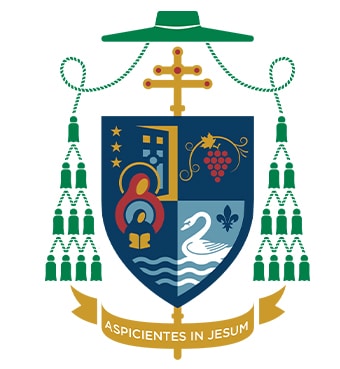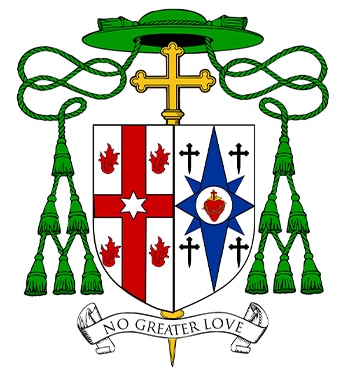Bishops received money and complaints about Bransfield, report says

Allegations of financial impropriety against former Wheeling-Charleston Bishop Michael Bransfield went unheeded for years, according to a new report. Letters from lay men and woman, and from Bransfield’s own chancery staff raised serious concerns about the bishop’s spending and that he was using diocesan resources to “purchase influence.”
On July 3, the Washington Post reported that concerns about Bransfield’s spending were raised as early as 2012 with senior Church authorities in the United States and Rome. Several of those to whom complaints were made were themselves recipients of gifts of money from the bishop.
Bransfield’s resignation was accepted by Pope Francis last September, eight days after he turned 75, the age at which diocesan bishops are required by canon law to submit a letter of resignation to the pope. Following allegations of sexual and financial misconduct by him over a period of years, local metropolitan Archbishop William Lori of Baltimore was ordered by Pope Francis to conduct an investigation. Lori subsequently barred Bransfield from public ministry in both Wheeling-Charleston and Baltimore.
On Wednesday, The Post reported that specific concerns had been raised years earlier about the use of financial gifts to Church authorities by Bransfield, and the role they may have played in delaying action against him.
In an August 2018 letter addressed to Lori, Bransfield’s own judicial vicar, Monsignor Kevin Quirk, said he believed the gifts bought the bishop latitude.
“It is my own opinion that [Bransfield] makes use of monetary gifts, such as those noted above, to higher ranking ecclesiastics and gifts to subordinates to purchase influence from the former and compliance or loyalty from the latter,” Quirk is quoted by The Post as writing.
Read more at Catholic Herald







